Is Organic Coffee Better for You?
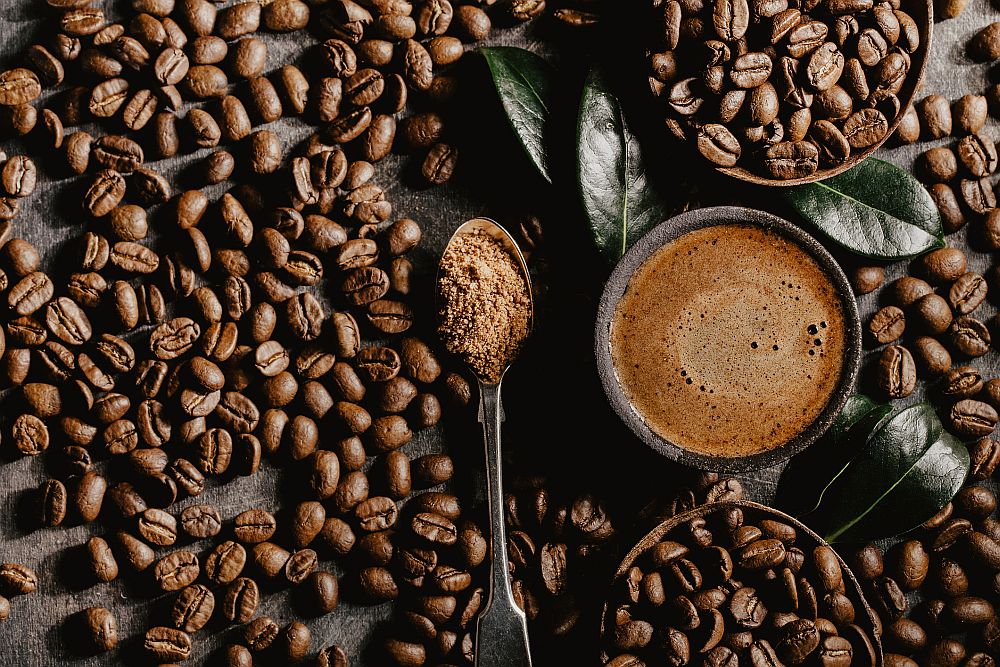
Food farmed organically is usually more expensive than food grown conventionally, and this guideline applies to Coffee as well. So, if you’re paying extra for organic Coffee, you might ask if it’s healthy.
Here’s what I’ve learned throughout my two decades in the industry:
Organically farmed coffee isn’t necessarily healthier because roasting non-organic beans remove 99.8% of pesticides. According to Harvard, any coffee, organic or not, lowers the risk of cardiovascular disease, type 2 diabetes, Parkinson’s disease, and gout.
As a result of the lack of pesticides, the main benefits of organic coffee are to the coffee workers, land, and the environment.
But there’s a lot more to know about organic Coffee than that, so let’s take a closer look.
So that’s what we’re going to do today! What pesticides are used on non-organic Coffee, is organic Coffee linked to Fair Trade coffee, and more! We’ll also look at the “actual” benefits of organic Coffee for the soil, animals, and farmers in coffee-growing countries worldwide.
So, what distinguishes organic Coffee from regular Coffee, and what are the advantages of drinking organic Coffee?
Continue reading to learn more!
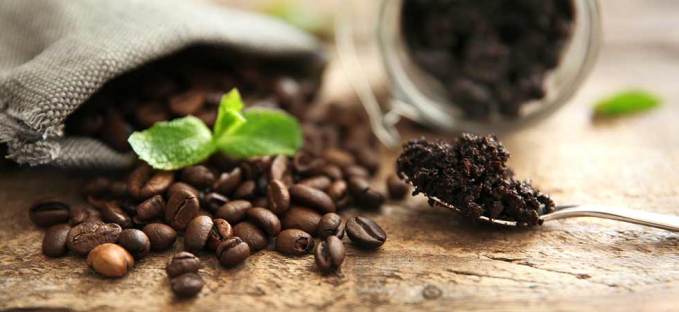
Are you curious about the average price difference between organic and non-organic foods?
Organic foods, in general, are 10-20% more expensive than non-organic foods. However, there are a few notable exceptions, as some organic things might be significantly less expensive while others can be significantly more expensive. To read the rest of the tale, go to one of my other websites and look at my latest piece.
Chemical-free gardening isn’t the only thing that needs to be done. To be certified organic, the shipping and roasting processes must also satisfy USDA requirements. (source)
What distinguishes organic Coffee from conventional Coffee?
In the United States, the USDA prohibits synthetic chemicals in coffee designated as organic or organically farmed. The majority of pesticides, herbicides, and fertilizers fall within this category. At least 95% of the beans must be grown under organic circumstances to be designated “organic.”
Obtaining certification as an organic grower is not as simple as it appears. In the United States, you must produce organically for three years before receiving that certification.
However, being a certified organic coffee producer does not imply that a company is environmentally or socially conscious.
Fairtrade coffee might be helpful in this situation.
Fairtrade coffee ensures that employees are compensated fairly and that the environment is protected. While not using synthetic chemicals is beneficial to the environment in and of itself, Fair Trade coffee goes even further.
Producers of fairtrade coffee make the conscious decision to have a good impact on the environment. Wherever possible, they reduce, reuse, and recycle materials.
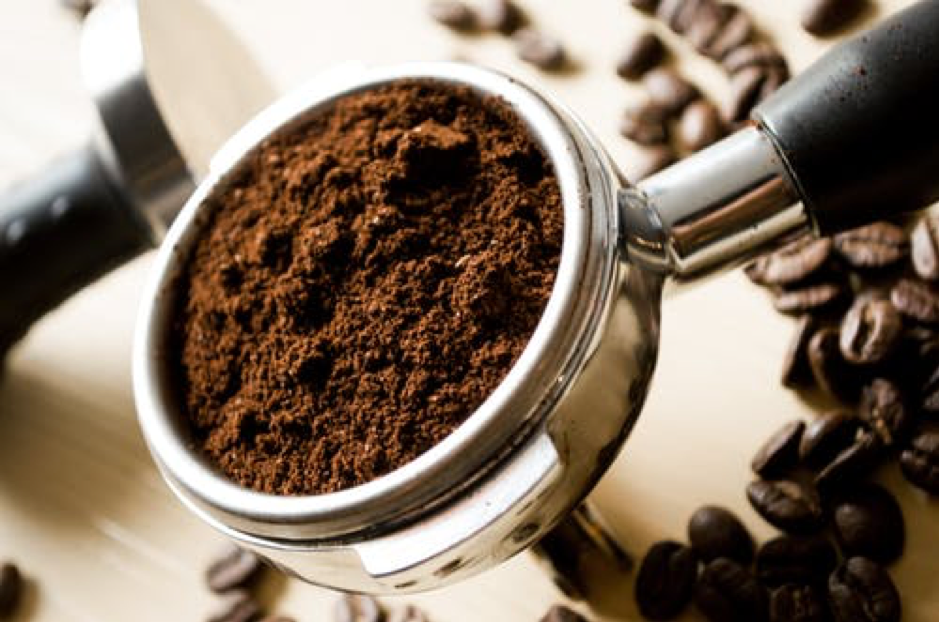
Is “normal” coffee contaminated with pesticides?
By the time it is consumed, the non-organic coffee is free of pesticides. While pesticides are sprayed on coffee plants, most of these toxins do not make it to the consumer due to the amount of processing before they are ingested.
Coffee is not consumed raw, as is the case with fruits and vegetables purchased at the grocery.
The coffee bean is a fruit seed. The fruit’s flesh is discarded. After that, the seed is steeped, fermented, and finally dried. After that it’s roasted at temperatures above 400 degrees Fahrenheit.
It is then soaked in near-boiling water once it reaches the consumer’s home.
Finally, we merely sip the water and do not swallow the actual coffee bean.
Given this intensive processing, it’s challenging to assume that any toxins used in farming end up in our bodies.
But don’t take it from me.
“Washing of coffee beans indicated 14.6357.69 percent reduction” (in pesticides present), according to a recent study published in the Journal of Agricultural and Food Chemistry, and “the roasting procedure reduced (pesticides) up to 99.8%.” (source)
Organic coffee, like fairtrade coffee, benefits the coffee farmers and the environment more than it benefits the coffee consumer. When you buy organic coffee, you can be confident that the growing and processing conditions are safe for the workers and the environment.

How much of the Coffee is organic?
Organic coffee accounts for around 30% of global coffee production, while the United States consumes roughly half of all organic coffee produced.
Organic coffee beans are most often consumed in the United States, and organic coffee is grown in more than 40 countries worldwide.
It’s no surprise that the United States buys a lot of organic coffee. Over the last few decades, consumers have become increasingly intelligent, and they want to know precisely what is in their food.
They recognize that the way our food is grown has a long-term impact on our health.
They also recognize that the way our food is grown can have serious environmental repercussions. Chemicals used in traditionally cultivated coffee can leach into local water sources, contaminating the water supply.
Coffee farmers also clear-cut rainforests to create enormous growth zones. This not only has an environmental impact, but it also has a negative influence on local fauna by destroying their habitat.
Above, I stated the temperature. The temperature at which you brew and serve your coffee has a significant impact on its flavor.
If you’re like me, you like a steaming cup of coffee. However, the ideal temperature can make or break the coffee’s flavor.
Do you have any doubts? I recently read this article to check which coffee machine makes the hottest cup of coffee, and how it compares to Starbucks and even the feared “McDonald’s hot.”
What are the advantages of drinking organic Coffee?
Here are a few of the organic coffee’s after-effects:
- Organic, shade-grown coffee is lower in acid and caffeine than regular Coffee because it develops slowly.
- Furthermore, Coffee produced in the shade is thought to have a more excellent flavor than Coffee grown in the sun due to its slower growth rate.
- Shade-grown crops are also better for the environment since they require fewer clear-cut operations. As a result, the rainforest has been preserved to some extent, conserving the natural habitat.
- Organic farming uses natural nutrients like compost and mulch to protect the soil. The soil is safeguarded from erosive deterioration while also developing a natural resistance to illnesses when organic fertilizers are used.
- Workers are exposed to less dangerous chemicals due to natural and environmentally friendly fertilizers and pesticides.
- Organic coffee is frequently fairtrade.
Fairtrade coffee is grown on farms that are part of a Fair Trade cooperative. Fair Trade coffee is purchased at a reasonable price, allowing small growers to compete against giant multinationals.
Another factor to consider when contemplating the health benefits of coffee is the type of water you use when preparing it. Impurities have been removed from distilled water, and however, it also eliminates beneficial minerals. Is spring water, on the other hand, genuinely superior?
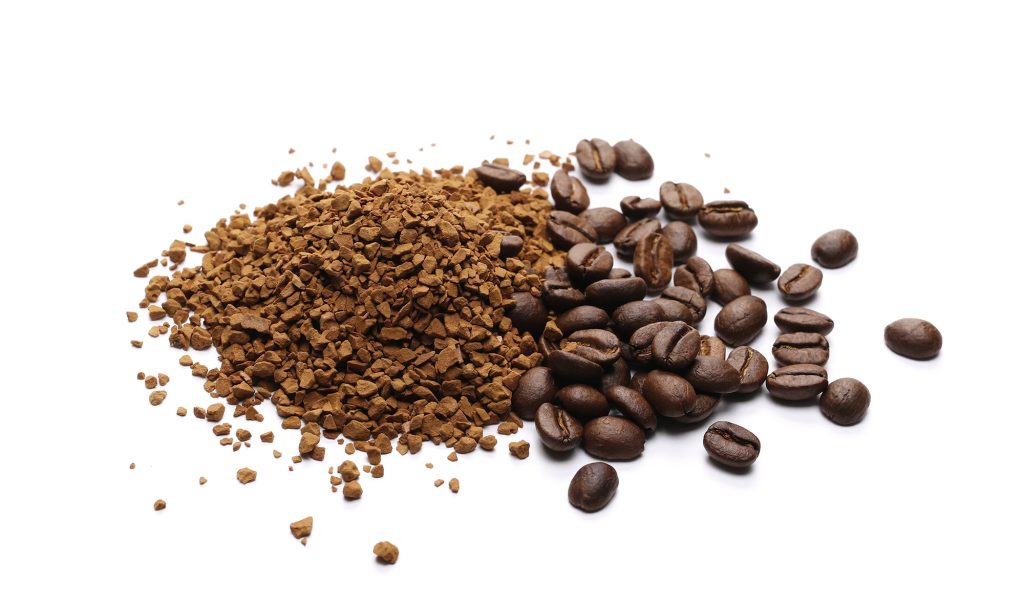
Which Coffee is the healthiest?
An Arabica bean with a dark roast is the healthiest coffee bean, and this provides the most taste with the fewest caffeine jitters. Bulletproof coffee, on the other hand, which includes MCT oil and unsalted, grass-fed butter, has been proved to have numerous health benefits.
Coffee’s status as a healthy or carcinogenic beverage appears to be constantly shifting, and coffee has been extensively researched during the previous few decades.
Moderate coffee drinking has been related to a longer lifespan, according to this Harvard Health Publishing article.
Coffee consumers may be less likely to develop:
- Cardiovascular disease (CVD)
- Diabetes type 2
- Parkinson’s disease
- Gout
Of course, there are dangers as well. The majority of them are minor, such as disturbed sleep or jitteriness.
When it comes to whether organic coffee is healthier than average coffee, there is no scientific data to support this claim.
Organic Coffee is the “healthier” option if you’re concerned about pesticides, herbicides, and fertilizers. However, given the amount of processing that goes into a coffee bean, the chemicals used are negligible.
The primary health benefits would go to the workers and the environment rather than to the consumer.
Workers would be healthier if they were not exposed to toxic pesticides and herbicides in this situation.
The land would also be more fertile, making it more likely to produce crops year after year. Pesticide use would be reduced or eliminated, which would also benefit the animals in the crop regions.
So, while I am declaring unequivocally that the great majority of pesticides are unlikely to end up in your coffee cup, I am not suggesting that organically cultivated coffee beans are without benefits.
So, what exactly is bulletproof coffee?
Of course, no formal decision has been made. Many others, on the other hand, swear by the benefits of “bulletproof coffee.”
Dave Asprey, the author of the New York Times best-selling book The Bulletproof Diet, came up with the idea for bulletproof coffee (click to see it on Amazon). Asprey claims to have achieved the following results while following the diet:
- 100-pound weight loss
- Twenty points raised in his IQ.
- His biological age was lowered.
- He figured out how to sleep better in less time.
All of this sounds fantastic, but what exactly is in bulletproof coffee, and is there any proof to back up his claims?
Bulletproof coffee is a high-fat, high-calorie beverage designed to replace breakfast. Bulletproof coffee was created by Asprey utilizing the following ingredients:
- 2 gallons of coffee.
- Two tablespoons of unsalted grass-fed butter.
- MCT oil, 1–2 teaspoons.
- In a blender, he blends everything. According to Healthline, MCT oil is a medium-chain fatty oil with “many health benefits.” Coconut oil is the most common source of MCT oil. However, it can also be found in dairy and palm oil.
MCT oil, according to Healthline, can help with:
- It helps you lose weight.
- It gives you mental vigor right away.
- It can aid in the treatment of epilepsy, Alzheimer’s disease, and Autism.
- Reduces heart disease risk factors.
So, pesticides or no pesticides, Bulletproof Coffee appears to be the healthiest coffee available.
If you don’t want to go through the hassle of making your own Bulletproof Coffee, Asprey also sells a cold brew version that doesn’t need to be refrigerated. There are a variety of flavors and options to choose from.
Ground, K-Cup, whole bean, and decaf variants are also available. It’s also worth mentioning that the majority of his items are grown organically.
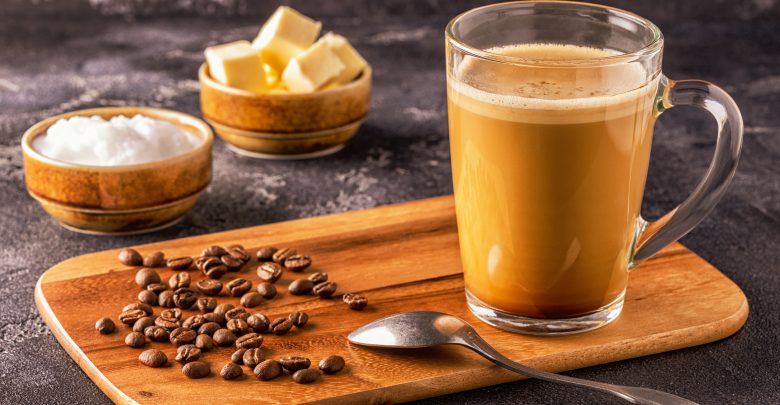
Have I answered all of your organic coffee-related questions?
I talked about what makes organic coffee “organic” in this article, and I discussed how coffee has grown and the potential benefits of organic coffee.
Organic coffee, especially when partnered with the fairtrade label, is not only good for the environment, but it’s also good for the farmers.
While the health advantages of organic coffee over conventional coffee are minor, the impact on producers’ lives can be significant.
Using a French press to make an environmentally friendly cup of coffee is one option.
However, there are several disadvantages to using a French Press. It is because they are made of glass, that they are easily broken. However, because they aren’t insulated, they lose heat quickly as well.
Do you go out of your way to buy organic coffee? If not, they why not try it for the environmental and social benefits, if not for the health benefits?











